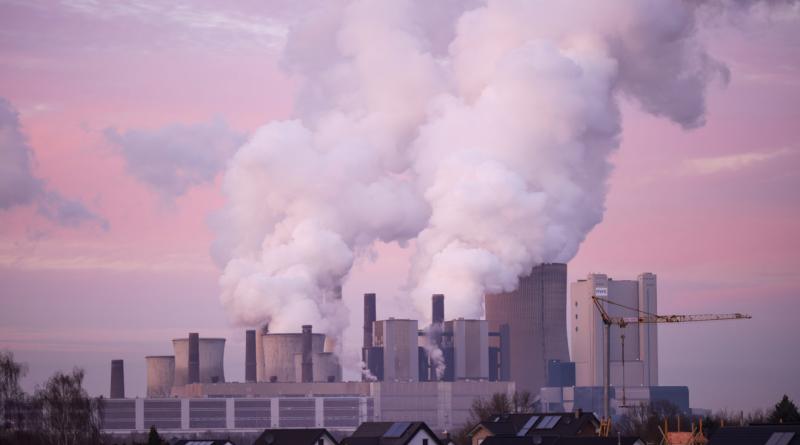The EU’s €1.2 trillion war chest — also known as its long-term budget — has emerged as a possible workaround on how to finance the expensive fight against climate change despite carrying heavy debt from the pandemic.
European Commission staffers and treasury officials are debating the idea in Brussels behind closed doors, according to five EU officials and a briefing document obtained by POLITICO. This push is continuing even though frugal-minded countries such as Austria, Germany, Finland and the Netherlands have already voiced skepticism over the concept.
Deputy finance ministers discussed last Tuesday the idea of using the EU’s next seven-year budget, which runs through 2027, to help Europe reduce its use of fossil fuels. That meeting was preparation ahead of their bosses’ monthly meeting in Brussels next week.
The challenge is to reduce the bloc’s greenhouse gas emissions by 55 percent compared to 1990 levels by the end of the decade, a herculean effort that will cost around €520 billion a year — a tough ask for an indebted continent that’s recovering from the worst recession since World War II.
Failing to plug that green hole would see Europe fall short of its own green goals and risk damaging its credibility as a global force for climate action. The EU budget could be the solution to avoid that dilemma, according to the head of the International Monetary Fund.
“What we recommend is a green investment fund at the EU level that would allow most efficient deployment of resources, both in terms of bringing down emissions and in terms of satisfying the domestic need for investments,” Kristalina Georgieva told reporters last month after a meeting with eurozone finance ministers.
While the EU budget is among a handful of varying policy options available, officials have cited IMF support as a good reason to consider it — especially given that the idea has also won favor with the bloc’s fiscal watchdog.
That strong backing has seen the debate elevated to the highest offices of EU treasuries and is set to reach EU finance ministers’ negotiating table when they gather next month in Paris for informal talks. EU leaders will then use their March summit to consider their options.
Mind the green gap
Since private companies won’t be able to fund the green revolution on their own, public coffers will have to help close the gap. The challenge is that they must contend with a debt burden that matches around 90 percent of economic output. It’s worse for Southern countries, such Greece, Italy and Spain, where debt piles have risen to above 120 percent of GDP.
Under normal circumstances, governments must cap their budget deficits to 3 percent of GDP and try to limit their debt to 60 percent under an EU fiscal framework called the Stability and Growth Pact, or SGP. Those rules have been on ice since March 2020 to ensure governments could battle the pandemic without fear of punishment from Brussels and enact stimulus programs that pushed debt levels up to uncomfortable heights.
Those two thresholds will be reintroduced from the start of next year, leaving many EU treasuries with a sense of double jeopardy in the face of a climate catastrophe.
For now, the bloc’s €800 recovery fund has given policymakers breathing space, since governments can rely on EU cash from Brussels to finance climate-related projects for the next four years. But the question is what happens when the money dries up.
Golden rule loses shine
The EU budget could neutralize that threat by providing capitals with a cash pot they can request money from by presenting spending plans with specific targets that Brussels can police. “It’s such an obvious candidate,” one of the EU officials said on the condition of anonymity, as no decisions have been made. “Carbon dioxide doesn’t care about borders.”
It might also be an attractive alternative to another approach — floated by some think tanks — that would introduce a “golden rule” that omits green investments from the SGP’s deficit cap. That pitch is losing traction amid fears that it would encourage greenwashing.
“Everything magically becomes green,” said Marco Buti, who heads the cabinet for Economy Commissioner Paolo Gentiloni, on Wednesday during an online debate on the deficit.
It's better to create a central EU green fund to accompany a watered-down version of the golden rule, the Italian said. That would allow for more green investments while appeasing the frugal countries’ desire to check government spending.
“You can be stricter … provided that you have a central fiscal capacity,” Buti said.
Paola Tamma contributed reporting.







